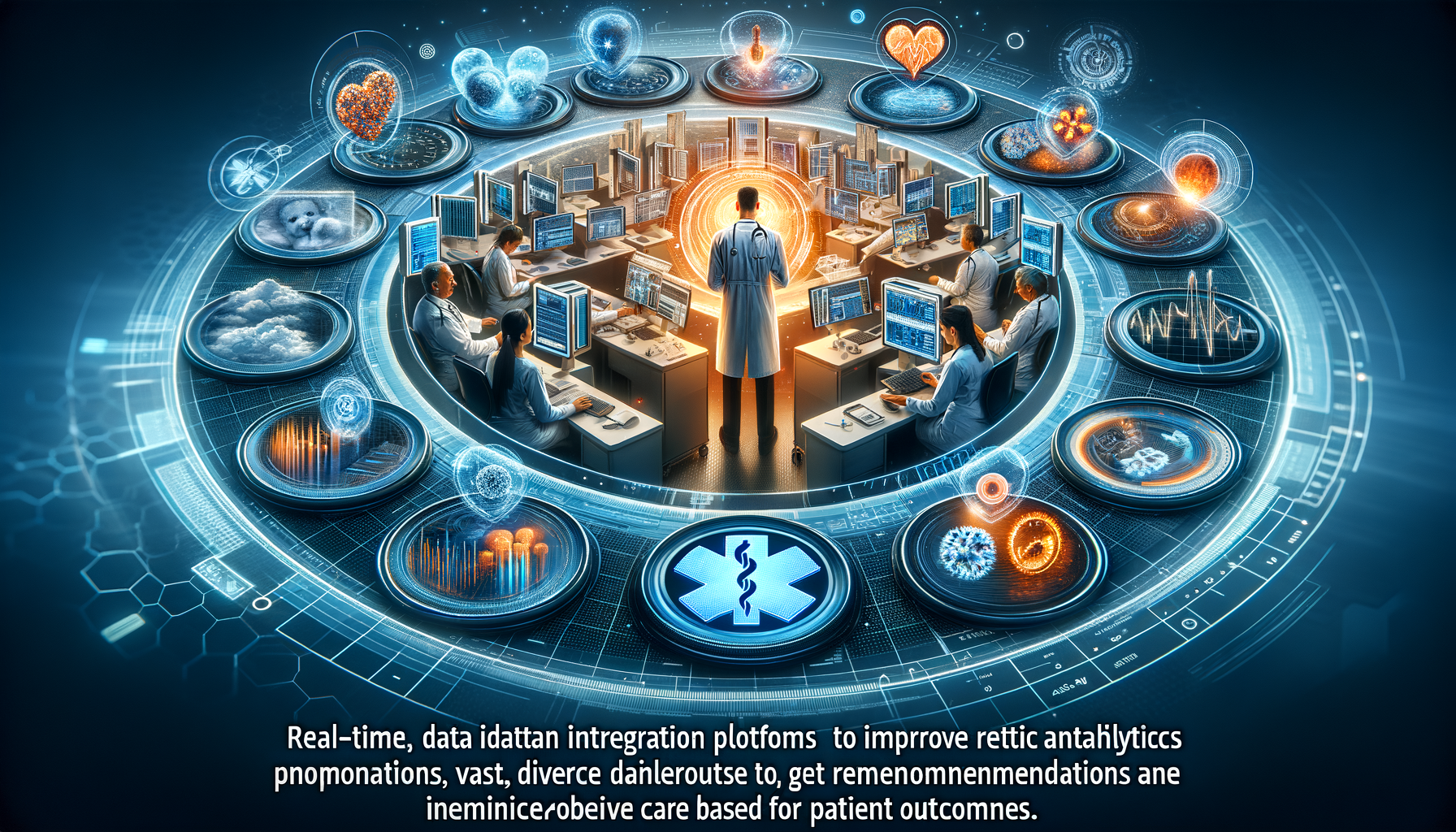Industry Intelligence
Predictive Analytics for Patient Outcomes
Tailored Innovation
Transforming Patient Care with Predictive Precision
A leading healthcare provider, experiencing an increase in hospital readmissions and longer than average patient recovery times, approached QuantalAI seeking an innovative solution to these pressing challenges. The provider was grappling with inefficient resource allocation that strained their staff and resources, leading to patient dissatisfaction and significant financial burdens due to penalties associated with readmissions under existing healthcare policies. The expanding complexity of patient data due to evolving healthcare needs further complicated the provider's ability to track patient progress effectively and anticipate potential health complications. This resulted in a reactive rather than proactive approach to patient care, impacting overall treatment effectiveness and resource utilisation. The organization saw the potential for a data-driven strategy that could offer deeper insights into patient health patterns but lacked the technical expertise to develop and integrate such a solution within their existing systems. With the healthcare landscape continuously evolving, the provider needed a future-proof solution that not only addressed these immediate challenges but also adapted to future demands, enhancing their delivery model to provide more personalized, efficient and effective care.

Work with QuantalAI
Capabilities
Watch
What`s Smart Solution for Safety and Productivity? Oil & Gas | Mining | Energy
Poor asset tracking safety and productivity are the challenges faced by industries like construction mining and oil & gas for too...









